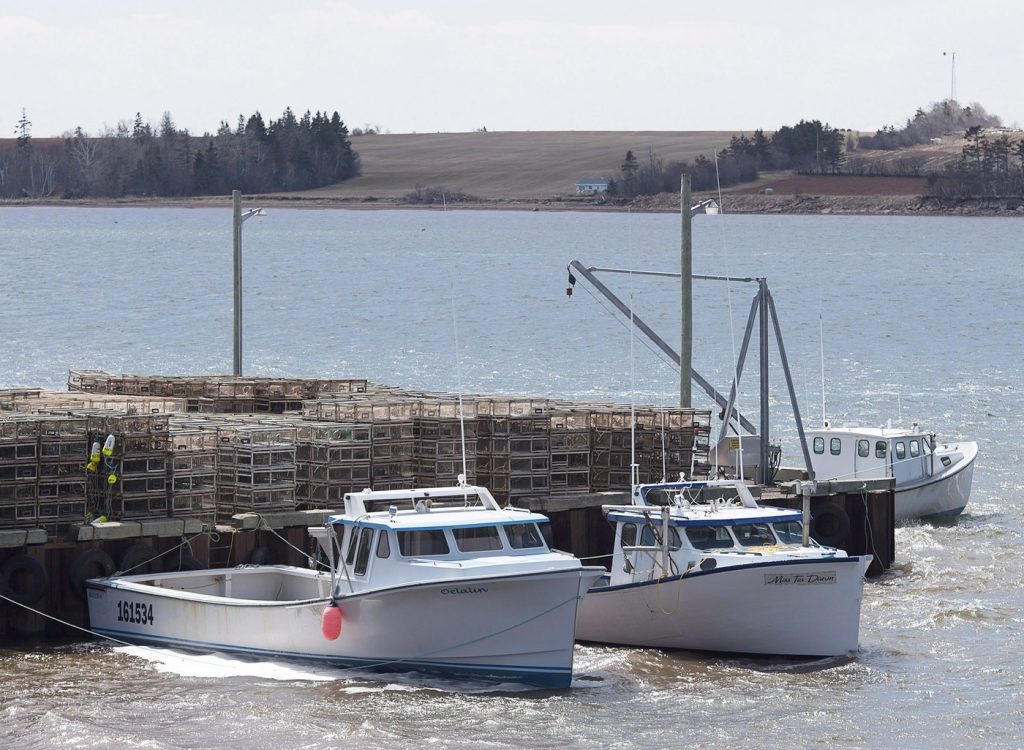MALPEQUE BAY – A First Nation located in Prince Edward Island has reported that federal fisheries officers seized a total of 300 lobster traps belonging to Indigenous fishers over the recent weekend. This incident has raised significant concerns within the local Indigenous community, particularly as it challenges their rights and established practices in the lobster fishery.
Darlene Bernard, the chief of Lennox Island First Nation, expressed her shock regarding the seizures, as her community has been exercising its treaty rights to manage the lobster fishery since 2022 without facing any issues. The Lennox Island fishers, numbering 15, had set out 1,500 traps when the federally regulated lobster fishing season commenced in late April, maintaining the same number of traps that they have utilized in previous seasons.
A spokesperson for Fisheries and Oceans Canada, Dan Bate, refrained from confirming the specifics of the seizures. He mentioned that Ottawa has authorized the use of 1,000 lobster traps for the Lennox Island First Nation fishers for the 2025 fishing season. Bate explained that the fishers are obligated to adhere to the licensing conditions set forth by the department, and any violations of these regulations could result in enforcement actions.
This incident underscores the complexities involved in balancing conservation efforts, regulatory compliance, and the recognition of Indigenous treaty rights. The seizures have raised questions about the interpretation of fishing regulations and their application concerning Indigenous communities, prompting calls for dialogue and resolution in a system that often sees these communities at odds with federal authorities.
The situation is noteworthy not only for its immediate impact on the Lennox Island First Nation but also for its broader implications for Indigenous rights across the country. As these communities continue to navigate their relationship with federal regulations, the conversation surrounding the rights of Indigenous fishers versus state enforcement policies remains critical and deeply relevant.
The ongoing situation involving the lobster traps serves as a poignant reminder of the challenges faced by Indigenous communities striving to assert their legal entitlements in the face of regulatory frameworks created and enforced by the federal government. Reactions from various stakeholders will be crucial as the debate surrounding Indigenous fishing rights and sustainable practices in Canada continues to evolve.











